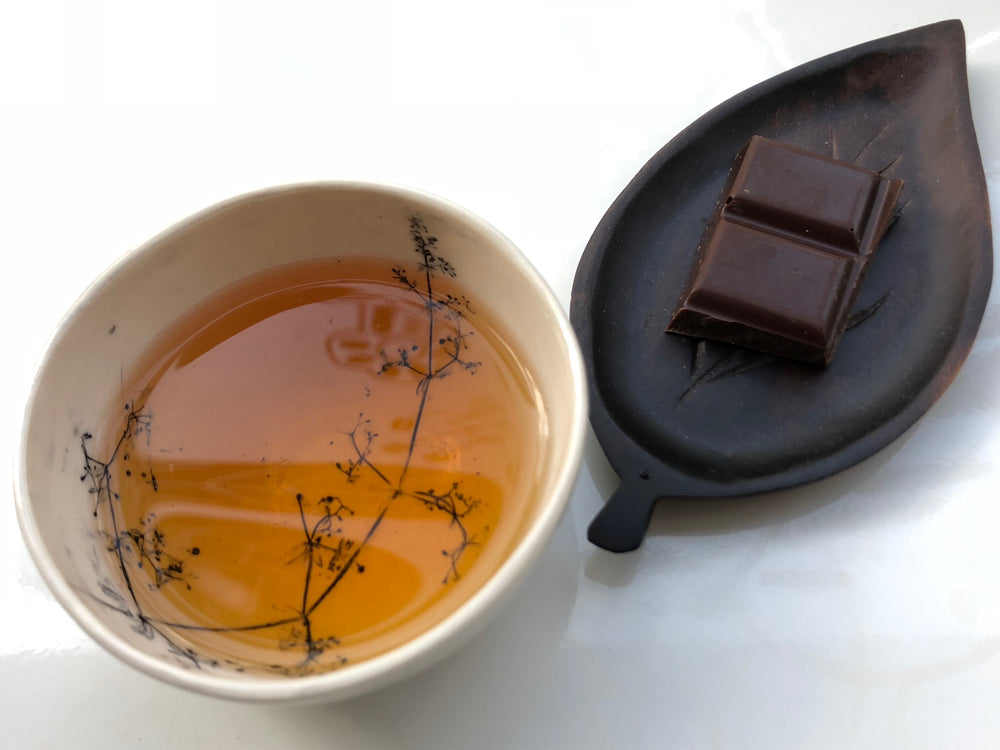- Gourie

Nika and Baaka relaunched this 25-hectare plantation in 2017, which had been abandoned since the withdrawal of the Soviet Union in 1991. It is located in the Gourie province in western Georgia, bordering the Black Sea and benefiting from a microclimate ideal for tea growing.
Right from the start, they decided to position themselves in the specialty tea market with environmentally-friendly cultivation methods, but also with innovations drawn from their wine-growing culture!
Indeed, kvevri black tea is fermented using the GABA process to obtain a high concentration of the amino acid GABA (Gamma-Aminobutyric Acid). This amino acid, naturally present in the human brain, is known for its calming and anti-anxiety effects. Quite apart from this health benefit, it also adds smoothness and softness to the tea.
To achieve this, they have used traditional jars called kvevri, which are used to store food, but also to age wine, Georgia being the cradle of vineyards and viticulture.
Nika and Baaka also produce wine and fruit, and since 2022 have been developing agro-tourism around tea, wine and fruit. It's a great way to showcase all this local agricultural work!















